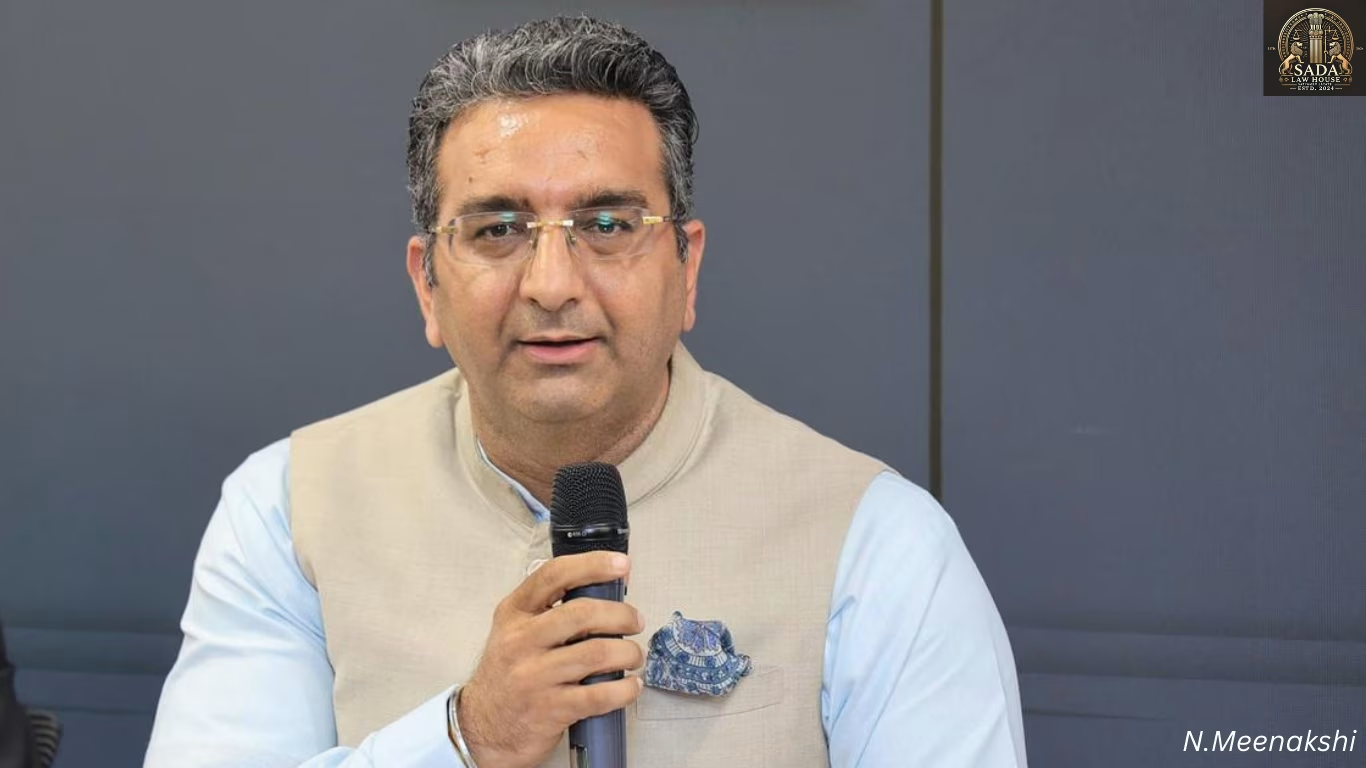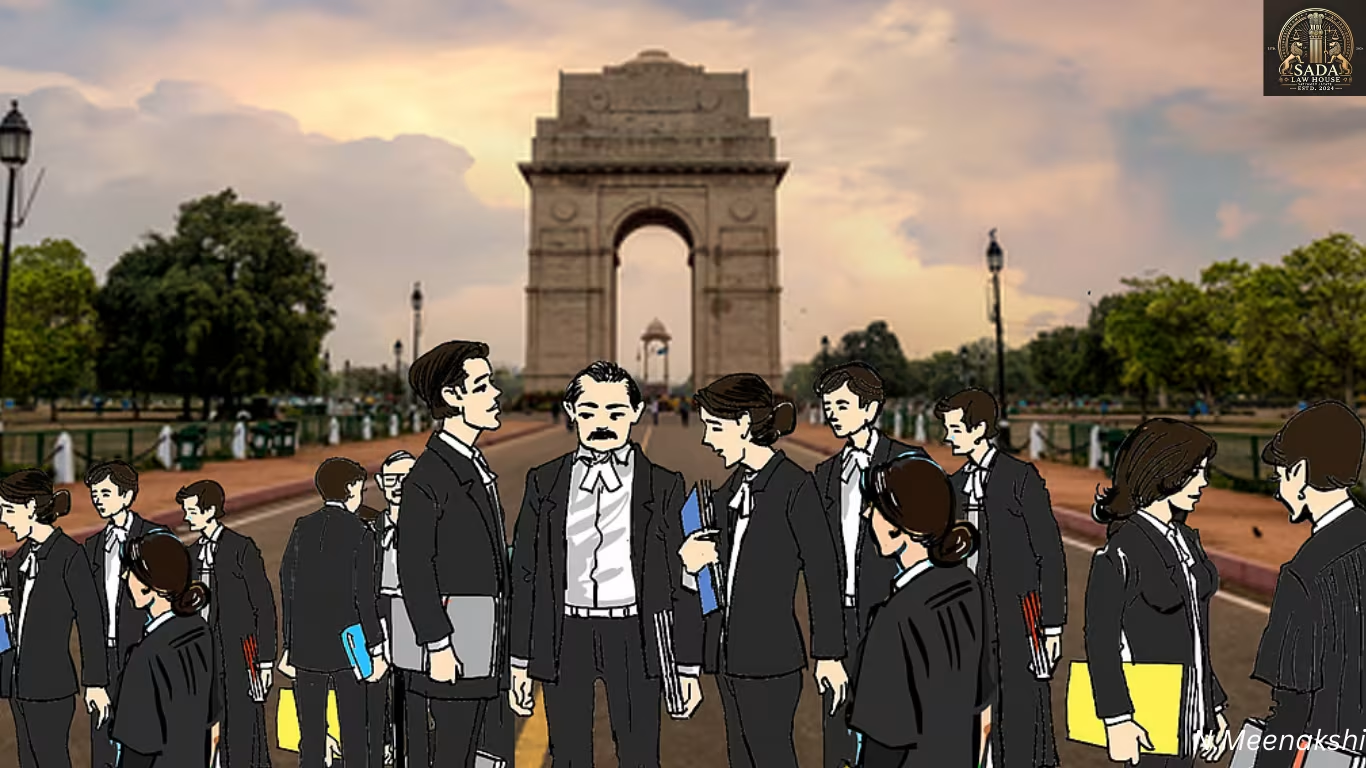Nagpur Bench of Bombay High Court Empowers Senior Citizens: Lawyers Allowed in Maintenance Tribunals
- Shristi singh
- 10 AUG 2025

The Nagpur Bench of the Bombay High Court has ruled that senior citizens can now be represented by lawyers in Maintenance Tribunals, striking down Section 17 of the Maintenance and Welfare of Parents and Senior Citizens Act, 2007. This landmark verdict strengthens fairness, equality, and access to justice for the elderly.
A Landmark Verdict for Senior Citizens
In a historic decision on August 9, 2025, the Nagpur Bench of the Bombay High Court struck down Section 17 of the Maintenance and Welfare of Parents and Senior Citizens Act, 2007.
The provision previously barred elderly litigants from having legal representation in tribunal proceedings. Now, senior citizens can appoint lawyers to represent them, ensuring they have equal access to justice.
The Case and the Constitutional Challenge
Multiple petitions challenged the constitutional validity of Section 17, arguing that denying legal representation placed the elderly at a severe disadvantage. Petitioners highlighted that many senior citizens are:
Vulnerable and frail
Facing health issues
Lacking familiarity with legal processes
They argued that although the Act aimed to protect the elderly, it paradoxically limited their ability to defend themselves effectively.
Court’s Observations: Fairness Over Procedural Shortcuts
The High Court ruled that “procedural barriers cannot override fundamental rights”. Referring to Article 21 of the Constitution of India, the Bench emphasized that the right to legal representation is integral to the right to life and personal liberty.
The judges noted that while the Act aimed for quick and informal trials, speed must not come at the expense of fairness. The Court also cited similar rulings from the Kerala High Court, Delhi High Court, and Goa Bench of the Bombay High Court.
“It is unrealistic to expect senior citizens, who may be battling frailty, ill health, or social isolation, to present their own cases effectively. The law must empower them, not diminish their voice,” the judgment stated.
Impact of the Verdict
With this ruling:
Senior citizens can now appoint legal counsel in tribunal cases under the Act.
The concept of “speedy justice” is reframed to ensure justice is both fast and fair.
The judgment reinforces that welfare laws must empower beneficiaries rather than create new barriers.
Why This Judgment Matters
This decision upholds two vital legal principles:
1. Accessibility Over Expediency
Laws designed to assist vulnerable groups must be implemented in ways that empower, not hinder, those they are meant to protect.
2. Constitutional Supremacy
No procedural rule in special statutes can take precedence over the constitutional right to legal aid and fair hearing.
Broader Implications
This verdict is a reminder that welfare legislation must be regularly reviewed to ensure it delivers on its promises. As the Court noted, justice is not a race—it is a commitment to fairness, dignity, and equality.
Live Cases






